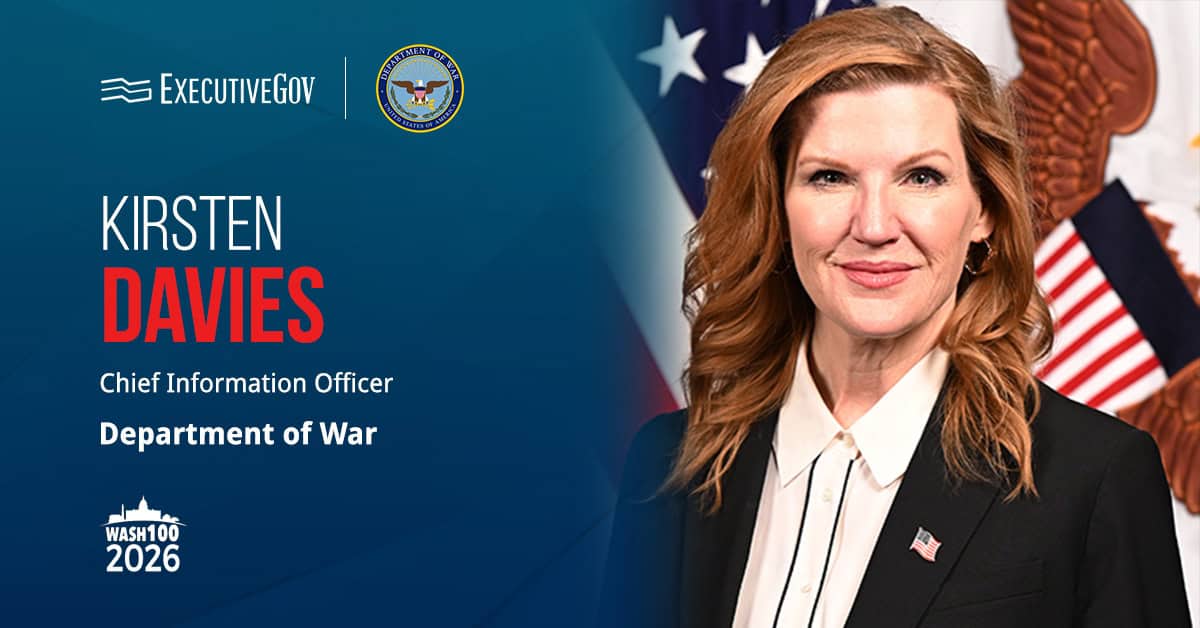 Eric Hargan, acting secretary at the Department of Health and Human Services, has appointed three new members to the Health Information Technology Advisory Committee.
Eric Hargan, acting secretary at the Department of Health and Human Services, has appointed three new members to the Health Information Technology Advisory Committee.HHS said Friday the appointees are Robert Wah, global chief medical officer at DXC Technology; Leslie Lenert, chief research information officer at Medical University of South Carolina; and Clem McDonald, director at Lister Hill National Center for Biomedical Communications.
HITAC offers advice to the National Coordinator for Health Information Technology regarding policies, standards, specifications and certification criteria for health information technology infrastructure implementation.
The advisory committee was formed as a result of the 21st Century Cures Act.





